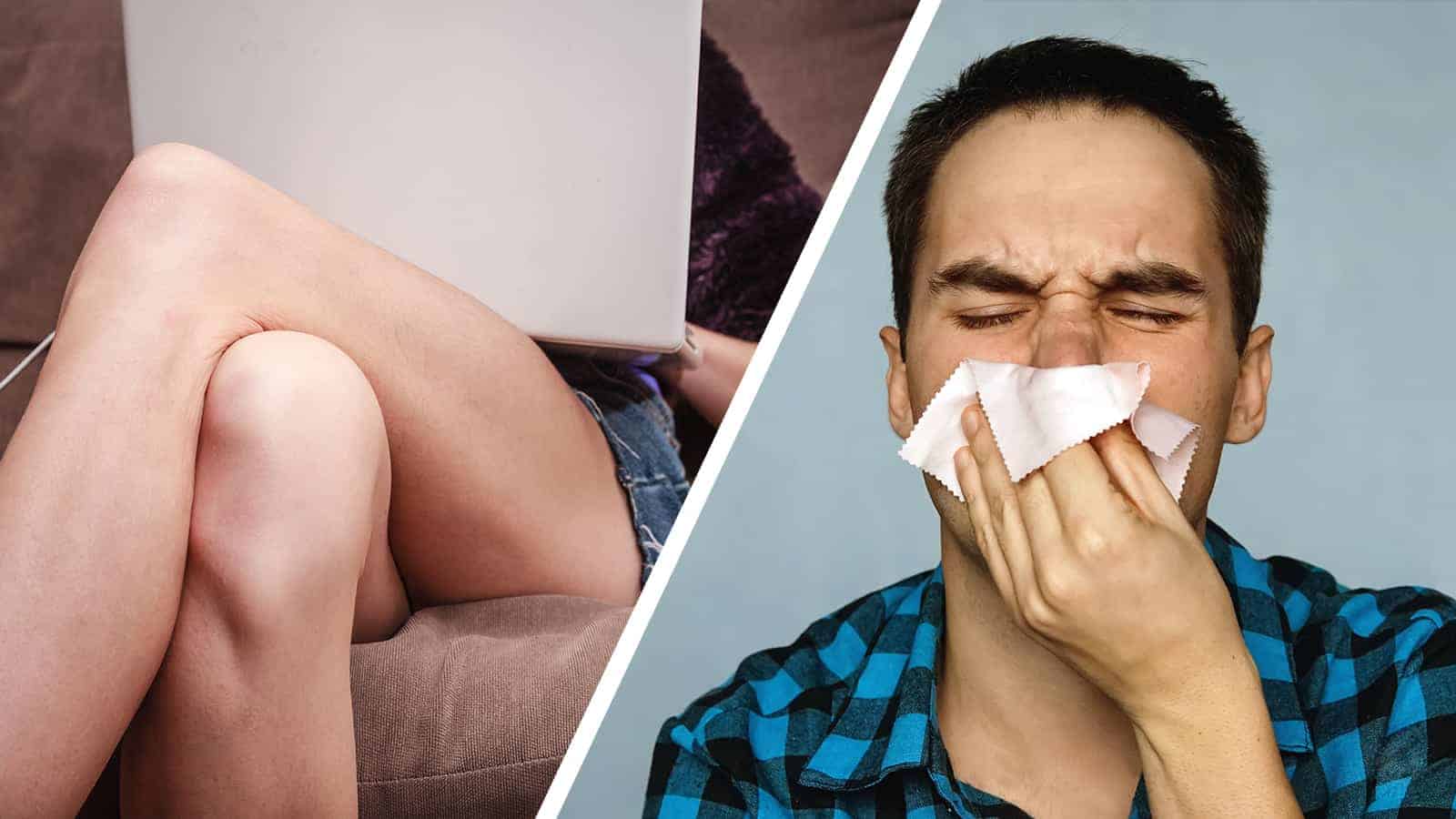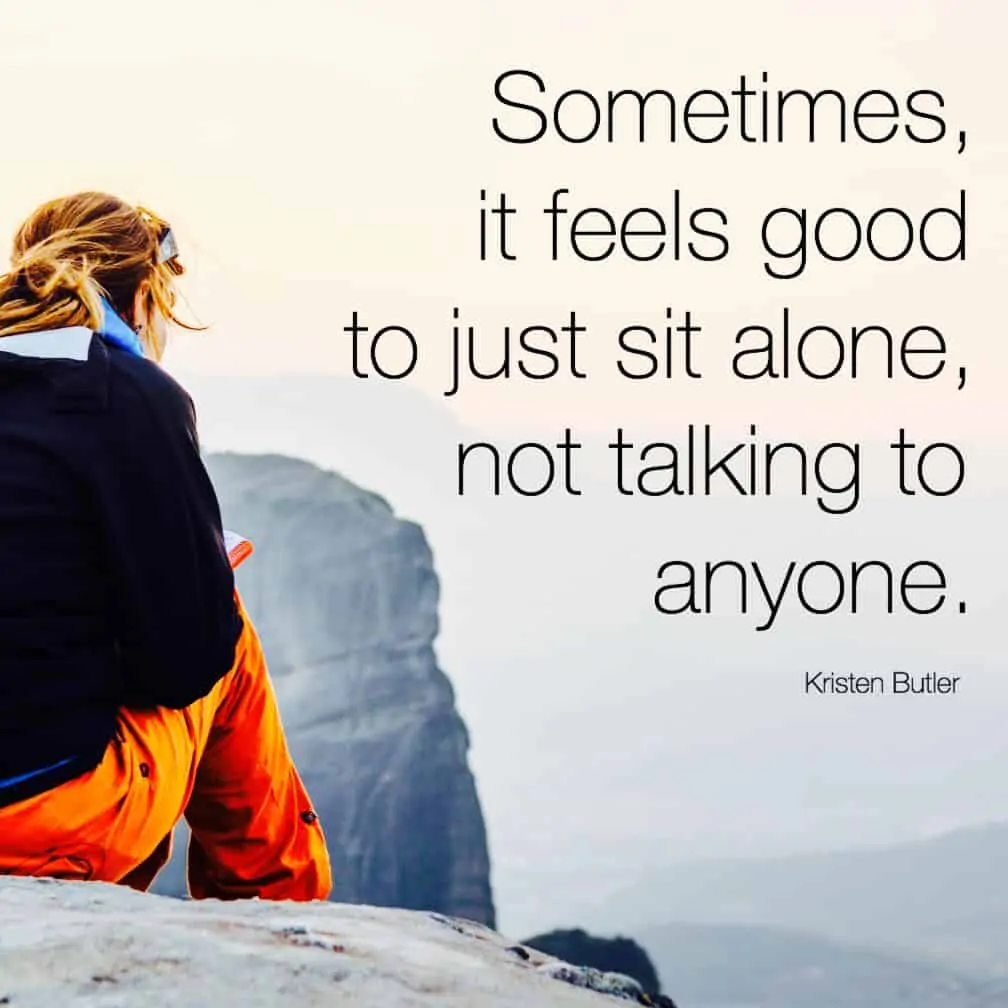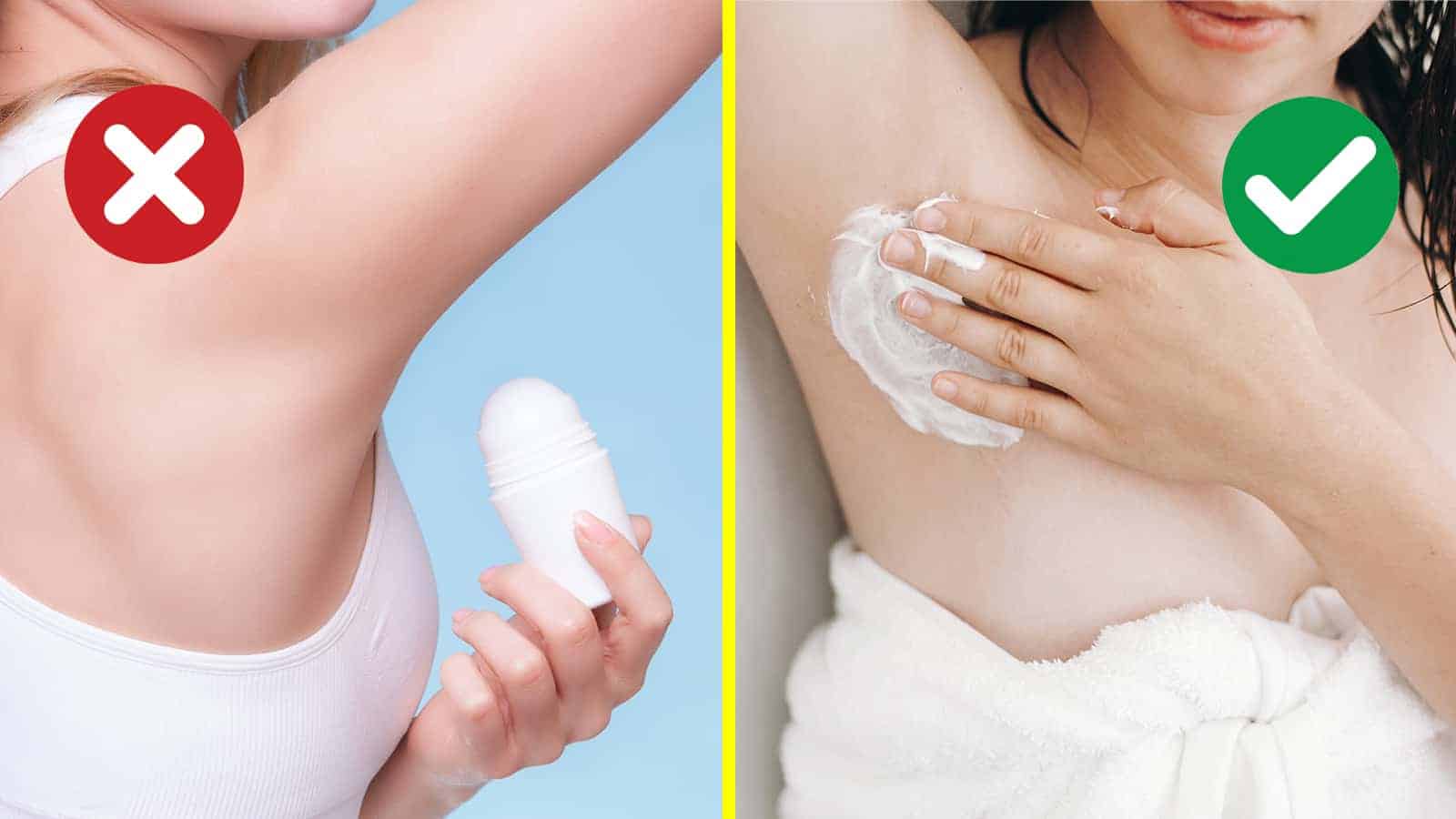How many bad habits are a part of your life? Even more so, how many of those habits are you completely unaware of? You may not realize it, but the little things that you do every day might be adding up to a bad outcome for your physical health. Do not inadvertently harm your health. Instead, make these minor adjustments to your routines.
It’s challenging to stop habits in general, but it’s even more challenging when you don’t even know what those habits are. That’s why awareness is the first step, and you might as well begin here! Here are 11 seemingly innocent habits that can harm your health.
Eleven Habits That Might Harm Your Health (Even if you don’t know it)
1. Dining Out Too Often
When you do not have time to prepare your own food, it’s easy to eat out all the time. But when you eat outdoor food, you’re not able to know for sure what ingredients are being used in them. You also have a higher chance of ordering cheaper fares, which are often fast foods.
Frequent fast-food consumption leads to a high intake of a component called phthalates, which are made worse by packaging, gloves used by workers, and processing procedures. High-fat, oil-filled foods are more likely to absorb phthalates and wind up in your stomach. Phthalates have been linked in research to:- Hormonal disruption
- Reduced sperm count
- Other reproductive abilities and functions
- Lower IQ development in kids
Try to prepare your food as often as possible. Use whole foods, fresh ingredients, and acceptable portioning practices for a more positive outcome.
2. Crossing Your Legs Can Harm Your Health
It’s easy to cross your legs and feels like a very natural motion. But if you cross your legs at your knees, did you know that you’re raising your blood pressure? Research published in the peer-reviewed Blood Pressure Monitoring Journal found that:
- Crossing legs at the knee leads to a 6.7 mmHg increase in systolic blood pressure
- Crossing legs at the knee leads to a 2.3 mmHg increase in diastolic blood pressure for those with hypertension
- Finally, crossing legs at the knee leads to a 1.7 mmHg increase in diastolic blood pressure for those with treated diabetes
- No contributing factors were found in terms of BMI, gender, age, or original blood pressure
The good news is that you can still cross your legs at the ankles without causing a blood pressure spike. It will, indeed, take some getting used to this habit, but it’s better for you overall.
3. Not Washing Your Face Enough
Did you know that 80% of people in the United States make a mistake in their face-washing routine? Many people discount the numerous positive effects of washing your face well, especially before bed. Cleaning up before going to sleep makes sure you get rid of dirt, makeup, pollution, and debris instead of letting it sit all night.
It’s also important to wash your face after exercise, especially if you go to a gym. This will:
- Wash off excess sweat and the germs that stick to it
- Reduce overheating of the skin after your workout
- Clean off other people’s germs, transferred from shared workout equipment
The aforementioned national survey also found that:
- 60% of Americans are unsure about the right methods to cleanse their skin
- 55% of Americans with dry skin only use water to clean their face
- 54% of Americans do not wash their face before going to bed
- 52% of Americans use hand soap or body soap as a face wash
4. Blocking Your Sneezes By Squeezing Your Nose
When you don’t want to be loud in public, it’s tempting to pinch your nose to prevent making a loud, sneezing spectacle! But sneezes can be surprisingly powerful things, and it’s not something you’ll want to make a habit of. Sneeze buildups generate pressure, so preventing a sneeze from escaping means the pressure is never released.
Though it is rare, the pressure can travel back into the body and cause several different problems. The pressure can move to:
- The ears, causing inner ear damage or eardrum damage.
- The mouth and nose, harming the throat and sinuses (in fact, there’s a recorded case of a man tearing his pharynx by holding a sneeze!)
- The blood vessels, affecting the brain, eyes, throat, or chest
- The chest, causing pain or discomfort
- The brain, causing headaches or ruptures
Of course, these aren’t typical results of holding in a sneeze. But the risks are worth considering, especially if you tend to block your sneezes often.
5. Being Too Pessimistic
When your positive thinking drops, a lot of other issues can arise. This is outside of just symptoms of anxiety and depression, as you would expect.
Think about it. The brain is a vital organ that dictates every single function of the body. If you only feed it negativity, you can hardly expect good things to come of it. Some negative results from seeing the glass half-empty are:
- Thinking negative thoughts can worsen your immunity and immune system response.
- Positive attitudes can reduce your risk of heart disease or dying of heart disease.
- Those with negative thoughts and beliefs may have shorter lifespans than those with more positive thinking.
6. Eating Before Bed Can Harm Your Health
When you eat close to bedtime, you’re not giving your body enough time to digest your food. Lying down when your stomach remains full is one of many things that can lead to symptoms of gastroesophageal reflux disease or GERD.
If you want a more positive bedtime experience, make sure you stop eating between three and four hours before you plan to turn in. If you wind up eating after this time limit, try to prop yourself up to reduce the risk of GERD symptoms.
7. Burning Scented Candles Can Harm Your Health
Few can deny the positive thinking that can be gained from having a pleasant, relaxing scent permeating the air of a room. The ambiance provided by a good scented candle is delightful, but did you know this habit can have an adverse impact in the long run?
A lot of scented candles are made from a petroleum-based component known as paraffin. When paraffin melts, toxic vapors are released into the air. These fumes can contribute to the risk for problems such as:
- Asthma
- Lung damage
- Respiratory disease
- Cancer
Worse still, scented candles aren’t the only contributors to these problems, so you can’t get around it by using similarly scented items. Other potentially dangerous culprits include:
- Incense
- Gels
- Plug-ins
- Aerosols
It’s a good idea to reduce your burning of candles and scented products of this kind, especially if you’re not burning them somewhere well-ventilated. Need those good scents? Opt for alternatives, such as:
- Soy candles
- Beeswax candles
- Vegetable-based candles
- Perfume
- Potpourri
8. Insufficient Ventilation When Painting Nails
Nail polish is full of toxins. Applying nail polish alone has been found, in studies, to allow those toxins to permeate the skin and disrupt hormones. Inhaling the fumes of nail polish is also a bad idea because of its laundry list of harmful components, such as:
- Phthalates
- Formaldehyde
- Toluene
These chemicals have all been found to affect health by causing:
- Dizziness
- Respiratory problems
- Nervous system toxicity
- Brain issues
- Increased cancer risk
It’s a good idea to shop smart for nail polish. Opt for brands that don’t use the products as mentioned above and, when painting your nails, do so in a well-ventilated location. Doing your nails is preferable to going to a salon as it gives you more control over the polish you use and how you apply it!
9. Falling Asleep With Contact Lenses
It’s relatively common knowledge that it is unsafe to sleep with your contact lenses in. And yet, 33% of adults and 30% of adolescents don’t take off those lenses before sleeping, according to a CDC report!
When you wear your contacts at night, the oxygen levels of your eye can become decreased. This leads to corneal stress. Infection risk is also significantly higher when you wear lenses to bed, leading to permanent vision damage.
Other worrying statistics from that report include:
- 33% of adults, 28% of young adults, and 27% of adolescents swim while wearing contact lenses
- 45% of adults and 52% of young adults do not replace their lenses as frequently as directed
- 42% of adults and 41% of young adults do not replace contact lens storage cases regularly
10. Washing Your Hands With Very Hot Water
Love hot showers? The heat can wind up stripping the natural oils from your skin, drying it out and leading to a higher risk of microorganism growth. All sorts of harmful bacteria can take root on dry skin and multiply quickly, leading to infections. Meanwhile, the good bacteria that you want to keep can get harmed by the heat, so you’d be doing double the damage to yourself!
Many people believe that heat is what kills bacteria, but the level of heat that human skin can tolerate isn’t sufficient for removing those germs. In fact, studies suggest that hot water is no more positive for cleansing the skin than cooler water, so there is no point to it.
So what should you do instead? Stick to warm temperatures and use gentle cleansers to clean your skin.
11. Using A Public Bathroom’s Hand Dryer
You might have tried to reduce your usage of toilet paper and tissues due to their impact on the environment. But did you know those hand dryers can be worse for your health, especially in high-traffic public restrooms?
A study found that hand dryers blow fecal germs back towards your body. It’s very gross to think about! When you use these dryers, you’re opening yourself up to the risk of infection.
Basically, bacteria of all kinds can be quickly deposited onto your hands when you use these dryers. Restrooms that get a lot of “traffic” run the risk of being the spreading point of all sorts of infections and germs!
Final Thoughts On Some Seemingly Innocent Habits That Can Harm Your Health
Any habit, whether it is good or bad, can be tough to break. Knowing a practice is bad for you doesn’t automatically mean you’ll be able to drop it right away, but it’s essential to be informed regardless!
Knowing how your habits affect you is crucial in understanding your bodily functions, physical health, and health risks. If you need help changing a bad habit, don’t be afraid to ask for help! There’s no shame in trying to improve yourself, after all!

















 Community
Community

